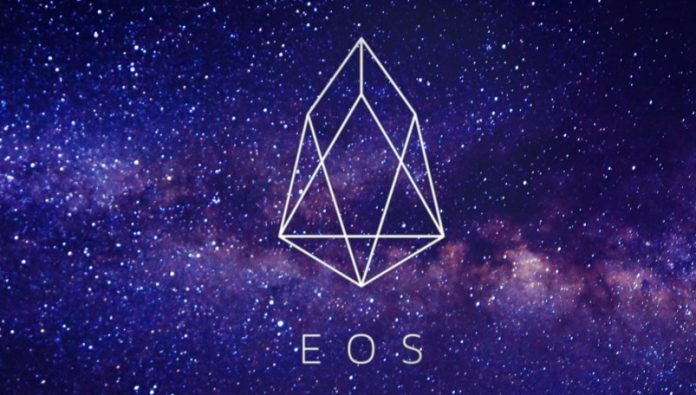EOS community has finally launched one unified network recently after a long rivalry between two of its groups competing to launch the official blockchain or mainnet of EOS using code written by the company behind the EOS cryptocurrency, Block.One.
However, during same period, another split has emerged, an East-West which is going worse because of language barrier between Mandarin and English-speaking members of the community. Particularly, Chinese internet controls known as “Great Firewall”, making it more difficult for those living in China and West to do conversations using same platforms; Western EOS members often meet on Telegram, while WeChat is predominantly in China.
The fact that two wide conversations happening concurrently, has made it difficult for EOS to fulfill its promises and expectations; as being a blockchain technology with inherent democratic governance nature. Also, it had substantial effects for EOS token holders; some of them have had easy access to dispute resolution while others have not.
Dispute resolution was another big issue emerged early on in network, where several community members lost their private keys through hacks and scams. While EOS Core Arbitration Forum (ECAF), which was main reason for controversy initially, saved some users notably in the West with vulnerable addresses from losing their tokens.
EOS Price Today – EOS / USD
Please enter CoinGecko Free Api Key to get this plugin works.Recently, EOS community started focusing on making bridge between East and West division. A new organization called EOS Mandarin Arbitration Community (EMAC), which is working onto increasing Chinese Speakers’ access to dispute resolution, and two members of this community have already joined ECAF.
“I do believe that the language barrier and cultural difference still exists,” the EMAC representative said, while further stating:
“But with community collaboration I’m confident that they no longer pose as serious issue and we could eventually overcome them.”
Table of Contents
The Great Firewall
Although, participating in this immense English-conversation might be difficult for some parts of community, mainly those living in China.
“You can’t really access Telegram from inside China,” Thomas Cox, a former VP of product at Block.One said. He further stated: “so an entire swathe of our constituency was effectively frozen out. It wasn’t that we didn’t care, it’s that we didn’t know how to reach them very well.”
Head of ECAF, Moti Tabulo also pointed out issues appearing from Chinese internet controls. He said that using VPN (Virtual Private Network) could enable access to Telegram.
Nevertheless, Chinese users may not feel comfortable leaving their country’s predominant platform. As an EMAC spokesperson, Stephen Zhang said in interview:
“WeChat is the tool in China. It’s not like Western social media network. They have Twitter, Facebook and different platforms to choose from, but in China WeChat is the communication tool.”
Situation is being controlled
It looks like community successfully solving the disputes and controlling the situation.
As The Oofy reported before Why You Should Not Ignore EOS.
The recent statement from EMAC describing the current situation:
“Micheal Yeung of EOS Pacific, a block producer candidate, and others founded EMAC to promote governance awareness among Mandarin community members and facilitate collaboration between Mandarin and non-Mandarin communities in governance and arbitration,”
Cox, who is working as an adviser to EMAC and interim executive director of EOS Alliance said:
“I would say that as of a month ago there was a lot of sense of separation. I would say by now anybody who feels that there’s an unbridgeable divide probably was on vacation for four or five weeks.”




